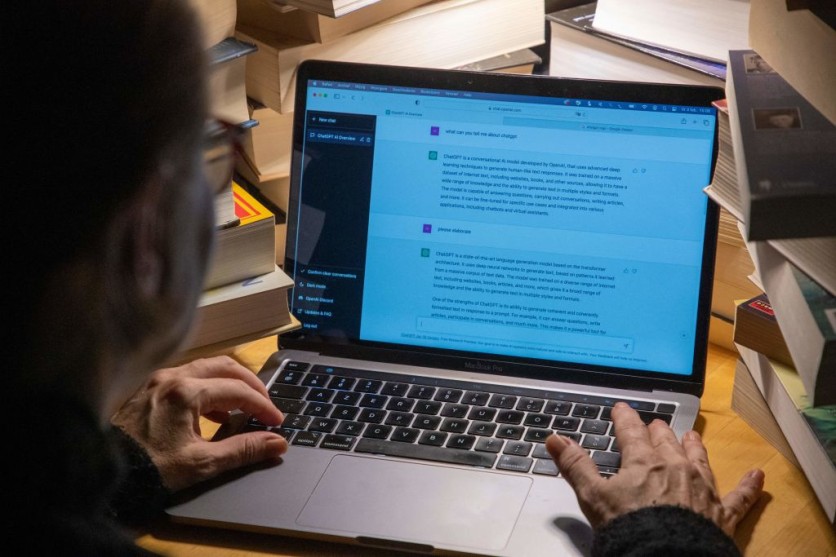Many workers across the United States are increasingly adopting ChatGPT to streamline routine tasks, defying concerns that have prompted major companies like Microsoft and Google to impose restrictions on its usage.

Embracing ChatGPT in the Workplace
US workers are reportedly embracing ChatGPT to enhance efficiency in handling routine tasks, disregarding the concerns that have led prominent companies like Microsoft and Google to restrict its usage.
According to a recent poll from Reuters/Ipsos, on a global scale, businesses are deliberating the most effective ways to leverage the capabilities of ChatGPT.
The chatbot program employs generative AI to engage in conversations and address a wide array of prompts. Nevertheless, security firms and corporations have raised valid apprehensions, citing the potential risk of intellectual property and strategic information leaks associated with the technology.
Numerous anecdotal instances highlight how individuals leverage ChatGPT for various everyday tasks, such as composing emails, condensing documents, and conducting initial research. Approximately 28% of respondents reported regularly incorporating ChatGPT into their professional activities.
Surprisingly, only 22% of participants indicated that their employers explicitly sanctioned the use of such external tools. The survey, which reached 2,625 adults throughout the country, maintained a credibility interval of about two percentage points, demonstrating a high level of precision in its findings.
Geo reported that the poll also revealed that 10% of respondents said their employers had explicit policies against the use of external AI tools, while approximately 25% were uncertain about their company's stance on the technology's usage.
When questioned about the potential consequences of individual employees utilizing ChatGPT, its developer, OpenAI, chose not to comment. However, it did emphasize a recent blog post that assured corporate partners that their data would only be used to further train the chatbot if they gave consent.
Mixed Reactions
Since its launch in November, ChatGPT has experienced an unprecedented surge in popularity, earning it the distinction of being the fastest-growing application in history. Its rapid rise has generated a mix of enthusiasm and concern, leading OpenAI to engage in regulatory discussions.
Yahoo reported that the company's extensive data collection has attracted scrutiny from privacy watchdogs, sparking debates on the appropriate balance between innovation and safeguarding individual privacy.
The generated charts produced by ChatGPT could be reviewed by human assessors from external companies. But it still raising concerns highlighted by researchers about the ability of comparable AI systems to replicate absorbed data from their training, thus, posing a significant threat to proprietary information.
According to Ben King, the Vice President of Customer Trust at the corporate security firm Okta, there's a prevailing lack of understanding among individuals regarding the usage of data in the context of generative AI services.
"For businesses, this is critical because users don't have a contract with many AIs - because they are a free service - so corporates won't have to run the risk through their usual assessment process," King told Reuters.





